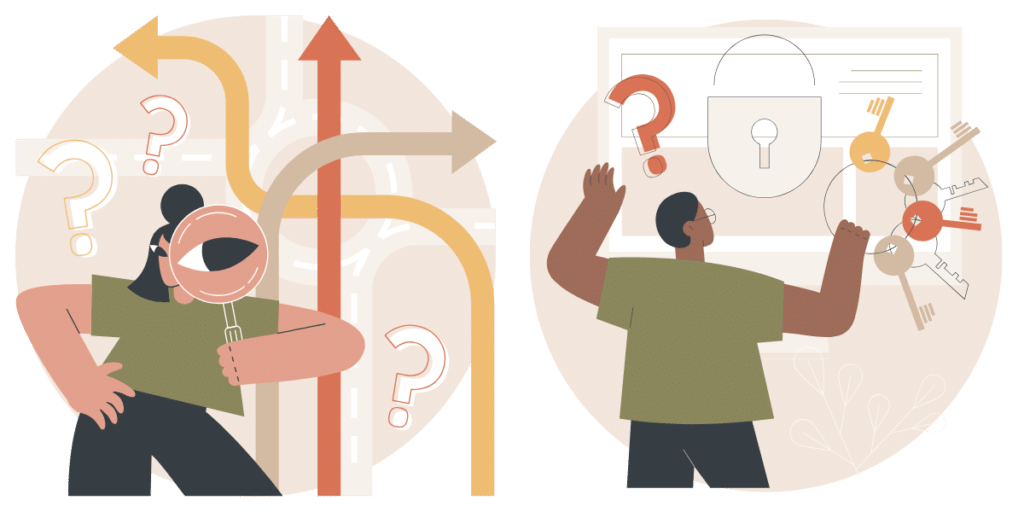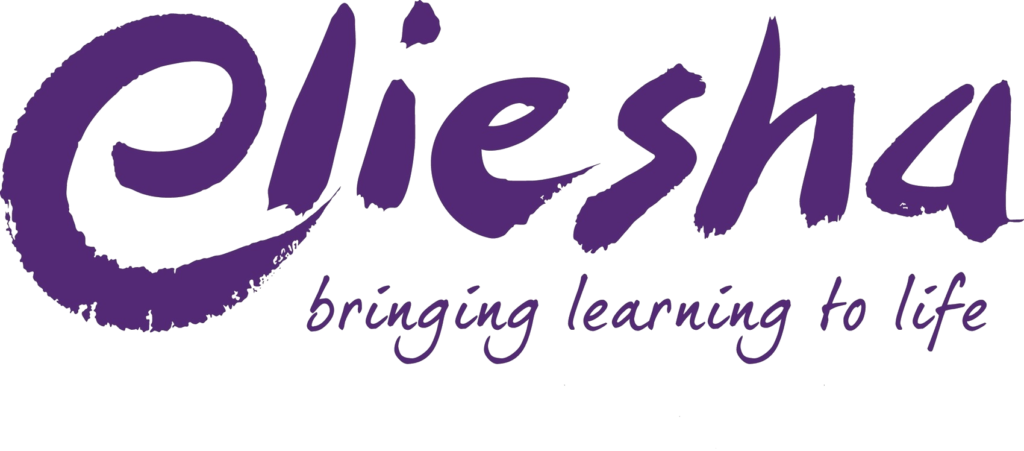Whether or not your organisation has any change projects on the go right now, you’ll know that they are never very far away. The ability to ‘cope’ with change is useful when things aren’t going to plan or the change is major, but – given the frequency of change in modern times – it’s more important that your workforce is ready for it.
Whether it’s acquisitions, automation or agile working, change projects come in all shapes and sizes. L&D teams must help their workforce to prepare, so that when they crop up, they can be approached with clarity and confidence.
When it comes to considering change readiness, many organisations understandably focus on the practicalities – processes, systems, timelines, etc. Readiness in the capability and capacity of their people, however, is often underestimated… but just as important.
So, what does change readiness look like in 2025, from this perspective, and how could you target learning interventions in a practical, supportive and ultimately impactful way? We’ve explored three areas we’re seeing named as essential components in our change management and change engagement workshops…
Resilience & Psychological Safety
People can’t engage with change if they’re stuck in survival mode and – perhaps more importantly – even if they do, the changes aren’t likely to stick. Personal resilience isn’t a static trait – knowledge and tools can help someone to develop it over time and process external events in different, more useful ways. This helps them manage stress, setbacks and uncertainty – the latter being an important point: whilst good communication should reduce uncertainty within a change project, it’s nearly impossible to remove it entirely.

A psychologically safe environment is mainly down to leaders and managers to create but, ultimately, everyone has a part to play. Awareness and understanding of what psychological safety means will create space for open discussion, challenge, and learning through change. Trust also comes into focus here – what is the level of underlying trust in your organisation? If it’s high, people will be prepared to commit and engage even in uncertainty but, if it’s low, people will question everything and stress-test the motives behind each decision to breaking point.
Workshop skill focus:
Understanding and creating psychological safety, Developing personal resilience, Giving good feedback (and being good at receiving it).
Decision Making & Agency
In a changing environment, hesitation creates bottlenecks, erodes trust and slows progress. Teams don’t just need information, they need the confidence to act – confidence which is tied to the ability to make sound, timely, and unbiased decisions.
It may sound counter-intuitive, but the more constrained people feel by change, the more important it becomes to give them a sense of agency. Even when they’re not in control of the change itself, individuals still need to feel they can forge their own path within it – whether that means taking initiative, supporting colleagues, or adapting their own ways of working.

That’s why change-ready teams aren’t just reactive, they’re empowered. They understand how to make informed decisions in the face of uncertainty, take personal responsibility for their impact, and support each other in navigating ambiguity together. A solid and well-understood set of organisational values can be invaluable here; immovable compass points which help guide decision making in uncharted waters.
Workshop skill focus:
Making confident decisions amid ambiguity, Owning your role in change, Building personal accountability, Coaching for personal responsibility, Delegating effectively to maintain momentum.
Change Leadership (at every level)
You don’t need a squadron of “change managers” to deliver an effective change project, you need a workforce equipped to lead change from every angle, whether or not they have formal leadership roles. When people across the organisation can guide colleagues through uncertainty, model adaptable behaviour, and support transitions, change becomes something you do with your people rather than to them.

These practical leadership skills can (and should) be developed in advance so, when change arrives, your teams are already equipped to respond. That said, successful change also hinges on those visibly leading it. Team leaders and middle managers are often the bridge between strategy and delivery, and their ability to manage resistance, influence others, and maintain momentum is critical.
Workshop skill focus:
Leading through ambiguity, Managing resistance, Negotiating and influencing, Championing change.

If change readiness is high on your learning and development agenda – or if a change project is already underway and you want to support your staff with useful skills – we’d be delighted to help. With nearly 25 years of experience as a trusted training partner to employers in all sectors – and with a vast library of proven materials targeting many of the focus areas above – we can help you roll out powerful learning programmes which engage, inform and empower your staff to change the way they work.
Click here or use the button above to get in touch with our friendly, experienced team. Or, you can use the button below to read more about our popular learning workshops, which already help hundreds of organisations and thousands of learners every year.